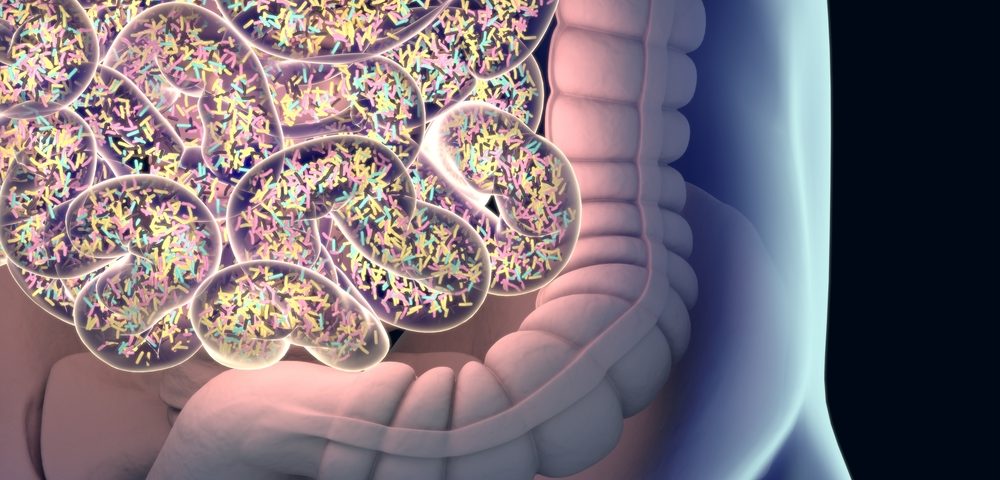Taking a dietary supplement with probiotics and digestive enzymes helped prevent damage to the gut’s microbial community from chemotherapy, a recent study suggests.
The study, “Protection from chemotherapy- and antibiotic-mediated dysbiosis of the gut microbiota by a probiotic with digestive enzymes supplement,” was published in the journal Oncotarget.
The gastrointestinal tract is colonized by a vast community of friendly bacteria, fungi, and viruses, called the gut microbiota. The microbiota plays an important role in gut health. These microorganisms help to maintain a balanced gut function, protect against disease-causing organisms, and influence the host’s immune system.
Cancer treatments, such as chemotherapy, and antibiotics disturb the healthy balance of the gut microbiota, known as gut dysbiosis. Many of the common adverse events associated with cancer treatment, such as nausea, vomiting, diarrhea, and loss of appetite, can be directly associated with a disturbed intestinal microbiota.
Gut dysbiosis has been shown to trigger or worsen many conditions, including inflammatory diseases, obesity, and cancer, and was linked to the reduced efficiency of immunotherapy-based cancer treatments.
Increasing evidence supports the idea that an unbalanced microbiota may be restored by using probiotic supplements, or prebiotics, which are food ingredients that induce the growth or activity of friendly microorganisms.
Because the balance of the gut microbiota may influence the outcome of cancer treatments, disease progression, gastrointestinal adverse effects, and quality of life, a better understanding of the protective effects of these probiotics and prebiotics is needed.
Researchers evaluated the effectiveness of a commercially available dietary supplement with probiotics and digestive enzymes in protecting the gut from the combined effects of chemotherapy and antibiotics.
Changes in microbiota activity and composition were evaluated using the Simulator of the Human Intestinal Microbial Ecosystem (SHIME) model, an in vitro system that mimics the gut microbiota of the different gastrointestinal tract regions.
The supplement, called Daily Body Restore, consists of nine types of probiotic organisms and 10 digestive enzymes. It was tested at the corresponding clinical doses.
For microbiota-disrupting drugs, researchers used Fluorouracil, a chemotherapy agent used to treat cancer of the colon, breast, stomach, or pancreas, and vancomycin, an antibiotic used to treat intestinal infections.
Daily administration of the supplement was started two weeks before (preventive treatment) or at the same time as chemotherapy and antibiotics were delivered (curative treatment), and continued for three weeks.
The probiotic and enzyme supplement successfully accelerated the recovery of the gut microbiota after chemotherapy and antibiotics compared to no supplementation.
This led to the gut microbiota’s restoration of its diversity and activity in the supplement’s presence.
The preventive treatment induced better recovery of the gut microbiota than the curative treatment, but researchers believe that a longer curative treatment would have achieved at least the same level of recovery as the preventative treatment.
“The data … published today, in my opinion, strongly support the viability of administering Daily Body Restore to patients who are being treated with chemotherapy,” Thomas E. Ichim, the study’s first author and co-founder and managing partner of Immune Advisors, said in a press release.
These results highlight the need for “clinical studies evaluating the curative and preventative effects of this supplement against chemotherapy-associated adverse events that stem from gut dysbiosis,” the researchers wrote.


